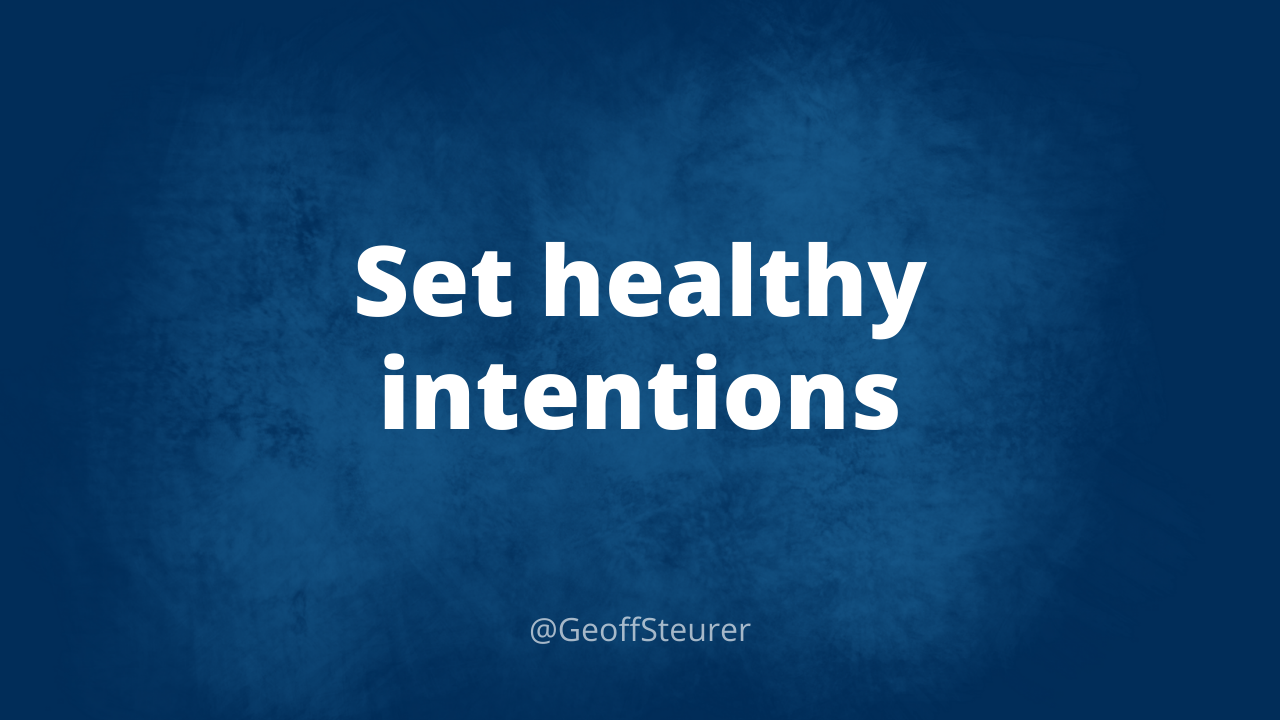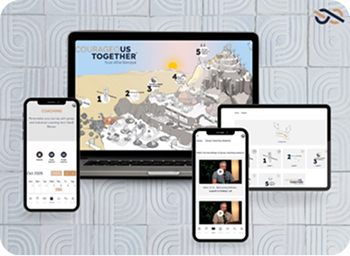
Q&A with Geoff: Why do I feel guilty for not wanting to be labeled as an ‘addict’?
Question
How do I deal with the guilt I’m feeling as I try to move my mentality away from pornography as an addiction to a compulsion when so much of my family and church culture have taught me otherwise?
I’m trying to step away from my identity as a pornography addict. I’m worried that I’m just going into denial, so I feel some hesitation.
Also, how do I approach my wife with information that would be helpful for her and us, even though it is something that would go against her current outlook? When I bring things up around wanting to explore this topic, I feel like she thinks I’m trying to find a way to allow my bad behavior.
Answer
I see that you’re trying not to minimize the seriousness of the behaviors that have caused you problems in your marriage. I also recognize the need to accurately assess the scope of the actual problem so you don’t invite unnecessary suffering into your life. Your wife has clearly been hurt by these behaviors, so I can see how challenging it will be to talk about this in a more nuanced way without her believing you’re trying to evade accountability.
Let’s talk about how to proceed.
First, it’s important to recognize that labels can mean different things to different people. I’ve worked with individuals who felt that the label “addict” really helped them take their problem more seriously and kept them engaged in their recovery process.
I’ve also worked with other individuals who experience that same label as shaming and discouraging. They feel it describes them as a one-dimensional person who is only defined by a struggle they’re working to overcome.
It’s also difficult to even agree on what qualifies as addiction. BYU researchers found in a 2017 study that “religious individuals are more likely to label themselves as porn addicts, regardless of how often they actually view pornography.” They reported that “about 45 percent of the people surveyed labeled themselves as addicts. However, only about 10-15% of the people surveyed showed true compulsive addictive behaviors such as daily use or use appearing to be out of control.”
As you can see, it’s not easy to clearly identify what constitutes addiction when self-reporting.
I’m curious why you feel guilty about wanting to find a healthier way to describe your behavior? It seems that unless you describe yourself in the most serious way that others won’t believe you’re serious about changing your behavior. Is it possible to still work on your healing while not fixating on the label?
I believe that if you’re working to confront your problematical behavior and live congruently with your individual and marital commitments, the way you describe your behavior becomes less critical.
While I’m not sure what controversial information you want to bring to your wife, I think it’s important for you to first make sure you’re not seeking out ways to minimize or deny the impact you’ve had on her. Since you’ve already broken marital commitments, make sure you make it clear that you’ll continue to take personal accountability and work to protect her and the relationship.
If you’re having a change in priorities and you want to renegotiate the commitments you’ve made to her and your marriage, then you need to be direct and clear with her that this is your intention. Let her know what she can count on and what you feel needs to be different. If you’re simply wanting to adjust the way you describe your behavior, then share with her the impact that the language has on you.
Again, it’s likely she’ll care more about the outcomes then how you need to work through it internally.
Not everyone who views pornography, uses substances or engages in other risky behaviors is an addict. Mislabeling individuals, especially young people, can invite unintended consequences that can create hopelessness and despair. If it’s important for you to know if your behavior is an addiction, I recommend you work with a trained mental health professional who can more accurately assess your situation.
If you want to move away from labels as part of your healing journey, you can still describe problematic behavior, set healthy intentions, and get to work.
Download my free guide to help you quickly end arguments with your spouse.



